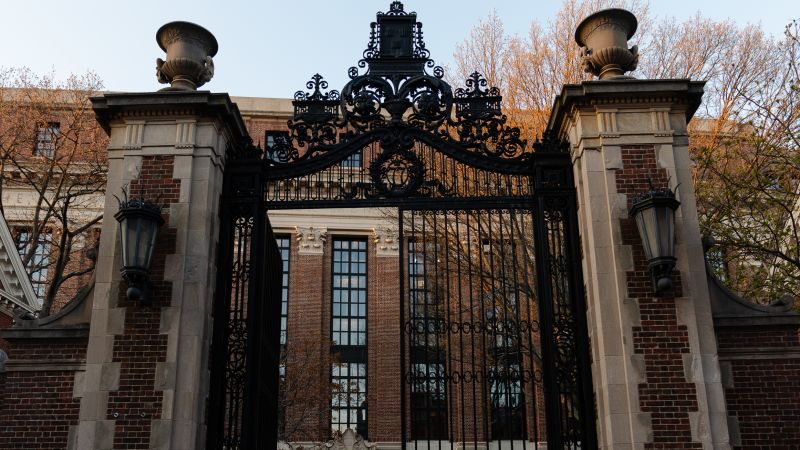Harvard's Tax Exemption on the Chopping Block: Trump Threatens Institutional Status

In a bold and unprecedented move, President Donald Trump has threatened to revoke Harvard University's tax-exempt status, escalating a complex confrontation that goes far beyond a simple administrative dispute. This dramatic action represents a high-stakes strategic maneuver in the ongoing battle over academic freedom, political discourse, and federal funding in higher education.
The potential withdrawal of Harvard's tax-exempt privilege signals a significant escalation in the tensions between the federal government and elite academic institutions. At the heart of this conflict lies a deep-rooted debate about free speech, ideological diversity, and the role of universities in contemporary American society.
Trump's announcement suggests a calculated effort to challenge the traditional autonomy of prestigious universities like Harvard, sending a powerful message about governmental oversight and the potential consequences of perceived institutional bias. The move has sparked intense discussion about the broader implications for academic institutions across the United States.
As the situation unfolds, educators, politicians, and students are closely watching this unprecedented confrontation, which could potentially reshape the landscape of higher education and institutional independence in the years to come.
